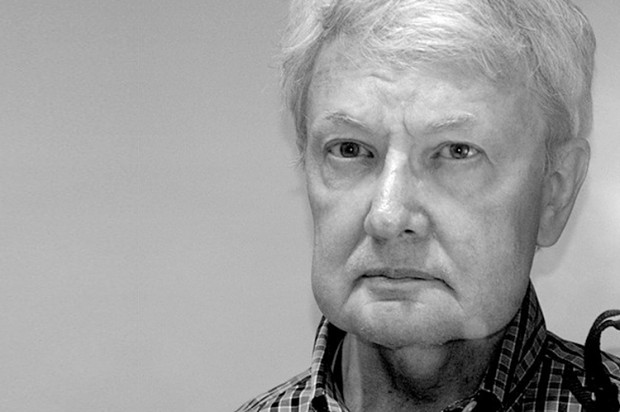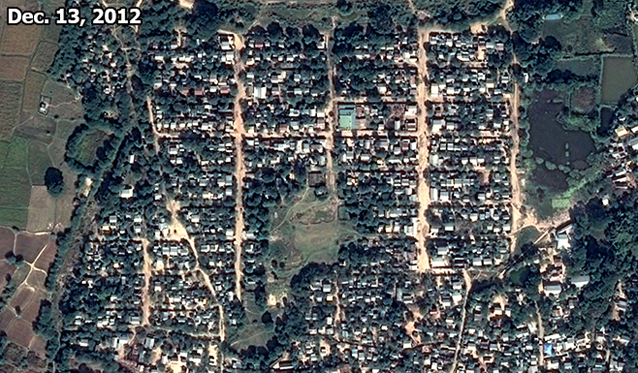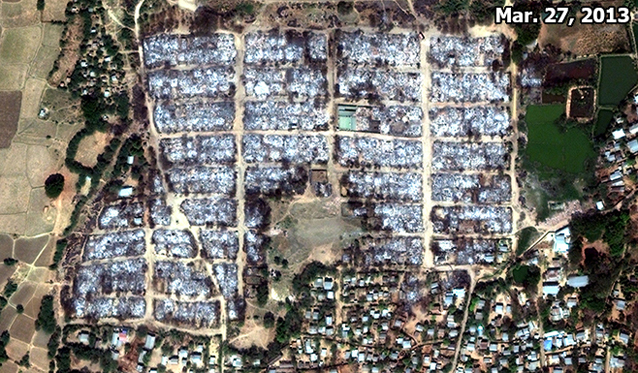 We’re surrounded, today and yesterday, with the deaths of beloved cultural icons. Today is the sixteenth anniversary of Allen Ginsberg’s death. And yesterday, as I’m sure you know already, the prolific film critic Roger Ebert passed away at 70 years old. You can read his obit by the Chicago Sun-Times, his home newspaper for almost 50 years, here. As a remembrance, Salon also published an excerpt from his autobiography Life Itself: A Memoir, called “I do not fear death.” Ebert was raised as a Roman Catholic, but his words reminds me strongly of the Dalai Lama’s in the essay:
We’re surrounded, today and yesterday, with the deaths of beloved cultural icons. Today is the sixteenth anniversary of Allen Ginsberg’s death. And yesterday, as I’m sure you know already, the prolific film critic Roger Ebert passed away at 70 years old. You can read his obit by the Chicago Sun-Times, his home newspaper for almost 50 years, here. As a remembrance, Salon also published an excerpt from his autobiography Life Itself: A Memoir, called “I do not fear death.” Ebert was raised as a Roman Catholic, but his words reminds me strongly of the Dalai Lama’s in the essay:
“Kindness” covers all of my political beliefs. No need to spell them out. I believe that if, at the end, according to our abilities, we have done something to make others a little happier, and something to make ourselves a little happier, that is about the best we can do. To make others less happy is a crime. To make ourselves unhappy is where all crime starts. We must try to contribute joy to the world. That is true no matter what our problems, our health, our circumstances. We must try. I didn’t always know this and am happy I lived long enough to find it out.
I am sure that Ebert’s legacy will survive for a long, long time. Fans of his can look forward to a forthcoming documentary about his life, produced by Martin Scorsese.
Last week on Buddha Buzz I mentioned that the Buddhist-on-Muslim violence in Burma has spread into the central part of the country, more specifically to the city of Meiktila. The riots there in late March left 43 dead, 12,000 displaced, and destroyed almost 900 buildings. They say a picture is worth a thousand words, which is why these satellite photos of Meiktila before and after the destruction have been circulating the Internet with ferocity this past week:
Before


On Tuesday, a fire at a Muslim school for orphans in Burma killed 13 young boys. Though initial reports blamed “excessively high electric voltage,” local Muslims were suspicious that the fire had been intentionally lit by anti-Muslim Burmese. Surprisingly, the government agreed to launch an official investigation into the matter, and yesterday, they arrested 26-42 people (accounts differed), half of whom were Muslim and half Buddhist. Trials will begin within days. Such a quick response might well have to do with the statements of Burma’s UN Special Rapporteur on human rights, Tomas Ojea Quintana, who said on Saturday that he had received reports that the government had been directly involved in the recent spates of anti-Muslim violence. This is something that we’ve heard before on the Tricycle site, from Burmese dissident Maung Zarni.
The number of magical effects of mindfulness meditation swelled this week with researchers from the University of California, Santa Barbara announcing that a two-week crash course in mindfulness based stress reduction raised scores for participants taking a reading comprehension test from the G.R.E. Generally I like to ignore these mindfulness experiments that are usually bad science, anyway—if all of these studies were true, I’d have fantastically low cholesterol, zero stress, and now, great G.R.E. scores, simply because I meditate every day—but this one particularly worried me. Taken in tandem with the tiger mom phenomenon and the nationwide obsession with getting your child into an Ivy League school, the news that mindfulness could be treated in the future as another step up in the rat race to the Ivy League makes me very, very sad. What’s next? Mindfulness trainers-cum-SAT tutors?